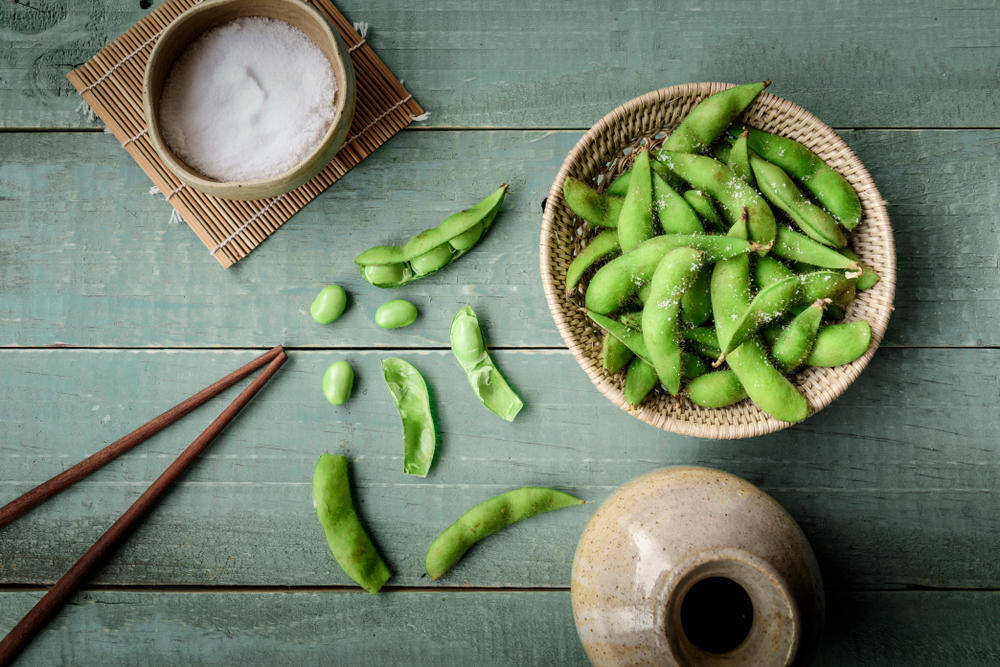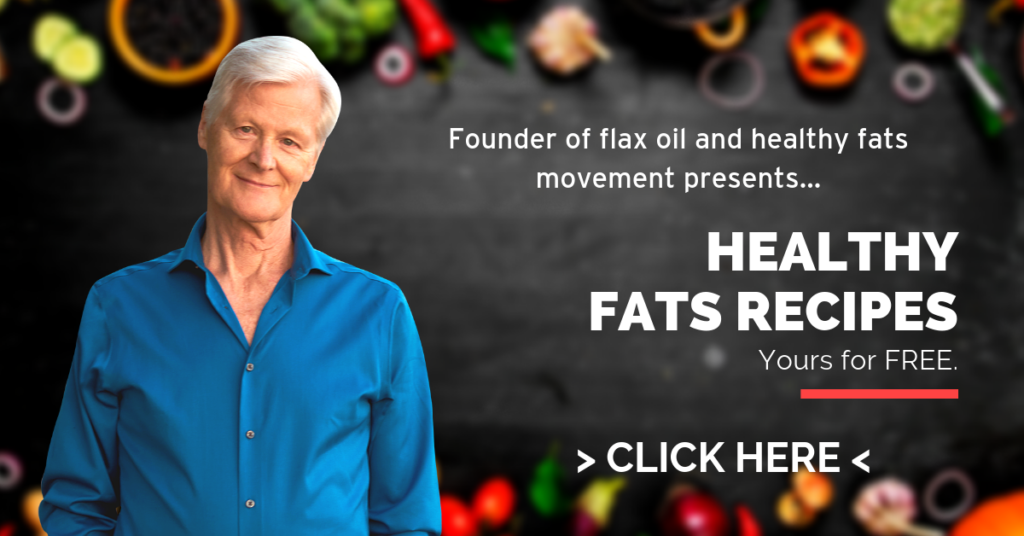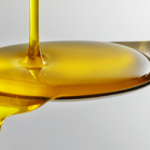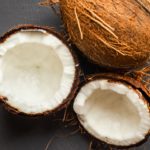Lecithin

Lecithin is a phospholipid (PL) supplement that can help improve both our digestion and our health. The name ‘lecithin’ was derived from the Greek word for egg yolk from which it was first isolated, and it is the best known member of the phospholipids.
Biological Value of Lecithin
Lecithin’s nutritional value rests on several factors. It supplies choline, which is necessary to make the neurotransmitter acetylcholine. Acetylcholine is required for brain and nerve function. In our liver, choline also helps our body utilize fats properly. It is a ‘fat-loving’ (lipotropic) factor in this function.
Lecithin is also valuable because it is usually made from soybean oil containing both essential fatty acids (EFAs). Commercially made lecithin was one of the few reliable sources of small amounts of the w3 essential fatty acid until flax and hemp oils became available.

Lecithin is also valuable as an ‘edible detergent’, which breaks up fats into suspensions of smaller droplets (‘emulsifies’ fats). As we will see a little later, the emulsifying action of lecithin is extremely important.
All unrefined seed oils contain some lecithin. The richest commercial source of lecithin is unrefined (crude) soybean oil, of which 2% or more is lecithin containing both essential fatty acids – 57% linoleic acid (LA, 18:2w6), and 5 to 7% alpha-linolenic acid (LNA, 18:3w3). Lecithin from most other oils contains only LA. Lecithin is removed when oils are refined.
Commercial Changes
Because EFAs – especially LNA – spoil rapidly, breeding experiments are being carried out to develop genetic strains of soybeans with only 3% LNA instead of the higher amounts found in natural strains. When oils and lecithins from these new strains become commercially available, their shelf-life will be longer, but nutritional quality will be lower. We sacrifice nutritional quality for convenience. The price we pay in diminished health is not considered by manufacturers and marketers.
Similar changes occur when food animals are raised on artificial, man-made feeds. In order to increase feed shelf life, EFAs are largely removed. More stable but non-essential oleic acid (OA, 18:1w9) replaces the missing EFAs.
The EFAs present in eggs, chickens, and meats must come from the feeds the animals consume. Eggs and meat from animals raised on commercial feeds contain low-EFA fats and lecithins, which provide insufficient EFAs for optimum human health.

Functions of Lecithin
Lecithin helps keep cholesterol soluble. In a food like eggs, which contain a large amount of cholesterol, it is especially important that lecithin be of high quality.
Lecithin keeps cholesterol isolated from arterial linings, protects it from oxidation, and helps prevent and dissolve gall and kidney stones by its emulsifying action on fatty substances.
Lecithin is necessary in our liver’s detoxification functions, which keep us from slowly being poisoned by breakdown products of metabolic processes that take place in our body. Poor liver function is a common forerunner of cancer. According to some healers, cancer always involves the liver.
Deficiency of either choline or EFAs can induce cancer in experimental animals, and is likely involved in causing some human cancers. Lecithin increases resistance to disease by its role in our thymus gland. Here, EFAs are precursors of several prostaglandins, as well as being vital as part of the ammunition made by our immune cells to kill bacteria (fatty acid peroxides are used to produce bacteriocidal hydrogen peroxide).

Lecithin is a phospholipid that makes up 22% of both the high density (HDL) and low density lipoprotein (LDL) cholesterol-carrying vehicles in our blood. These vehicles keep cholesterol and triglyceride fats in solution in our bloodstream and carry them to and from all parts of our body.
Lecithin is an important part of membrane PLs that are involved in electric phenomena, membrane fluidity, and other functions for which EFAs are responsible.
Finally, lecithin is an important component of bile. Its function in digestion is to break food fats into small droplets (emulsify them), to increase their surface area, speeding up the digestion of fats by enzymes.
Lecithin is not an essential nutrient. Our body can make it, provided that sufficient EFAs, choline, and phosphate are present in the foods we eat.
You can learn more about lecithin in my book Fats That Heal, Fats That Kill.





